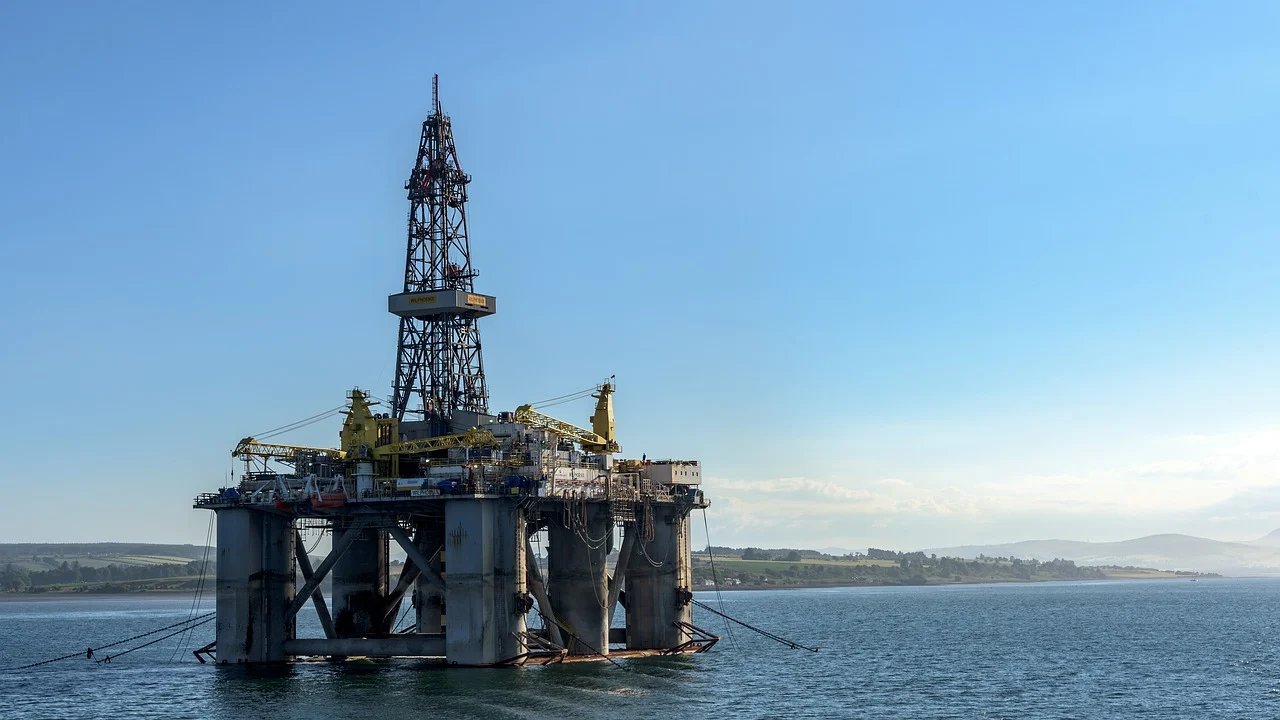LONDON (Parliament Politics Magazine) – According to a senior economic adviser to the Ukrainian president, buying Russian fossil fuel offers “bloody money” to Moscow, which, in his opinion, ends up “funding war crimes.”
According to Oleg Ustenko, oil revenue accounts for at least 40% of Russia’s earnings, which is used to fund the war effort.
“These weapons are used by Russia to murder our people, citizens, and children, to demolish our infrastructure, and to destroy our cities,” he stated.
“It’s bloody money.”
“We can say that this money is being used to pay for the war against Ukraine because it is being used to finance a war crime.”
All allegations of war crimes in Ukraine are denied by the Russian administration.
Mr. Ustenko also urged the EU and the US to strengthen sanctions even more in order to close all Russian ports to business, and said it was critical for firms and governments to ensure that they weren’t buying fossil fuels that were partly made up of Russian oil, even if they did so unwittingly.
At a Russian port, the Sea Dragon was filled up
His remarks come as a tanker set to dock at ExxonMobil’s Fawley refinery in Southampton on Wednesday, after filling up with about 620,000 barrels of oil at a port in Russia earlier this month.
Sea Dragon is a tanker that is travelling under the Greek flag and was chartered by a TotalEnergies subsidiary.
On March 5, Novorossiysk, the Russian port on the Black Sea, was full, says the shipping website MarineTraffic.com.
The oil on board is classified as a crude that is delivered via the Caspian pipeline from Kazakhstan’s oil resources to Russia, but normally contains roughly 10% Russian oil.
The Russian government also owns a quarter of the Caspian pipeline.
International sanctions do not now apply to Kazakh blend oil, and there is no evidence that enterprises involved with the Sea Dragon vessel and the ExxonMobil-operated Fawley refinery are breaking any laws.
A representative for ExxonMobil told Sky News: “The crude oil (onboard Sea Dragon) has been confirmed as being of Kazakh origin. All sanctions are being followed.”
Experts have warned, however, that the Caspian pipeline might provide a way for Russia to continue exporting oil while concealing its origins, as well as a way for firms to exploit a gap in international sanctions.
Dr. Agnia Gigas, a senior fellow at the Atlantic Council and an expert on energy and geopolitics, told Sky News that Kazakh oil often contains 10-13 percent Russian oil and that distinguishing the two is “almost impossible” once they are combined.
Right now, there’s significant incentive to pass off Russian oil as something else, she said.
Even if pipeline management are apparently working to divide Russian and Kazakh oil more completely, dealing with Russian traders, terminals, pipelines and ports, contributes to a “main source of revenue” for the invasion of Ukraine, she added.
She remarked that the Black Sea was now a war zone.
It is immoral to reward Russian ports and terminals.
All loopholes for firms engaging with Russian oil infrastructure should be closed by the US.
“European nations should begin to follow America’s example.”
International firms, according to Mr. Ustenko, should work harder to verify the composition of oil coming through the Caspian pipeline.
“We have enough proof that it might be a blended oil,” he added, adding that part of the oil is Kazakh and part is Russian.
“Companies should deploy auditors to Russian ports.”
The British government has barred Russian-flagged tankers from entering UK ports and has committed to terminate all Russian oil imports by the end of the year.
BEIS was aware of Sea Dragon, according to a spokesperson for the department of business, energy, and industrial strategy, but had nothing more to say beyond what was already in the public domain.
However, it is thought that the government wants to offer more detailed guidelines on the matter of cargo that may contain some Russian oil.






